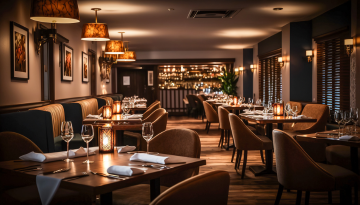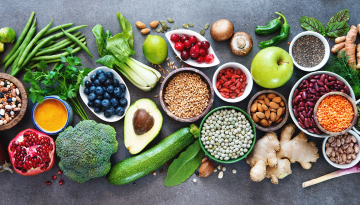Zeitschriftenpublikationen
Hinrichs, N., Stierand, M. & Glaveanu, V. (2023). Food for thought: How curiosity externalization is fostered through organizational identity. Organizational Behavior and Human Decision Processes, 179, 104293.
Miralles, M., Lee, B., Dörfler, V. and Stierand, M. (2022). Guest editorial: Investigating trauma: methodological, emotional and ethical challenges for the qualitative researcher. Qualitative Research in Organizations and Management, 17(4), 397-405.
Dörfler, V. & Stierand, M. (2021). Bracketing: a phenomenological theory applied through transpersonal reflexivity. Journal of Organizational Change Management.
Stierand, M., Heelein, J., & Mainemelis, C. (2020). A Designer on Designing: A Conversation with Johannes Torpe. Journal of Management Inquiry, 29(3), 350-359. https://doi.org/10.1177%2F1056492619882090
Stierand, M., Boje, D. M., Gl?veanu, V.P., Dörfler, V., Haley, U., & Feuls, M. (2019). Paradoxes of Creativity: Examining the Creative Process through an Antenarrative Lens. Journal of Creative Behavior, 53(2), 65-170. https://doi.org/10.1002/jocb.224
Josephi, S., Stierand, M., & Van Mourik, A. (2016). Hotel revenue management: Then, now and tomorrow. Journal of Revenue & Pricing Management, 15, 252-257. https://doi.org/10.1057/rpm.2016.4
Stierand, M., & Dörfer, V. (2016). The Role of Intuition in the Creative Process of Expert Chefs. Journal of Creative Behavior, Special Issue on Creativity and Food, 50(3), 178-185. https://doi.org/10.1002/jocb.100
Velencei, J., Baracskai, Z. , Dorfler, V., & Stierand, M. (2016). Supporting the Competent Practitioner: Trans-disciplinary Coaching with a Knowledge-Based Expert System. International Journal of Management Science and Business Administration, 12(2), 20-27. dx.doi.org/10.18775/ijmsba.1849-5664-5419.2014.212.1002
Stierand, M. (2015). Developing creativity in practice: Explorations with world-renowned chefs. Management Learning, 46, 598-617. https://doi.org/10.1177%2F1350507614560302
Stierand, M., & Zizka, L. (2015). Reflecting on hospitality management education through a practice lens. Journal of Quality Assurance in Education, 23(4), 353-363. https://doi.org/10.1108/QAE-04-2015-0013
Stierand, M., Dörfler, V., & MacBryde, J. (2014). Creativity and Innovation in Haute Cuisine: Towards a Systemic Model. Creativity and Innovation Management, 23(1), 15-28. https://doi.org/10.1111/caim.12050








